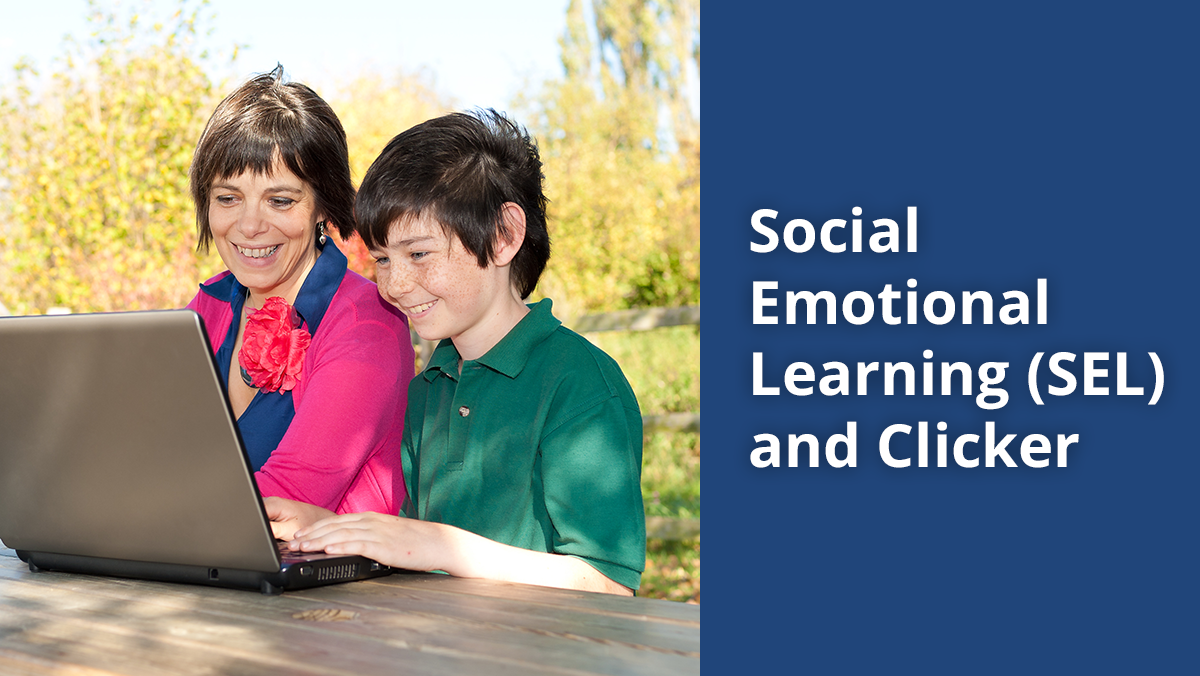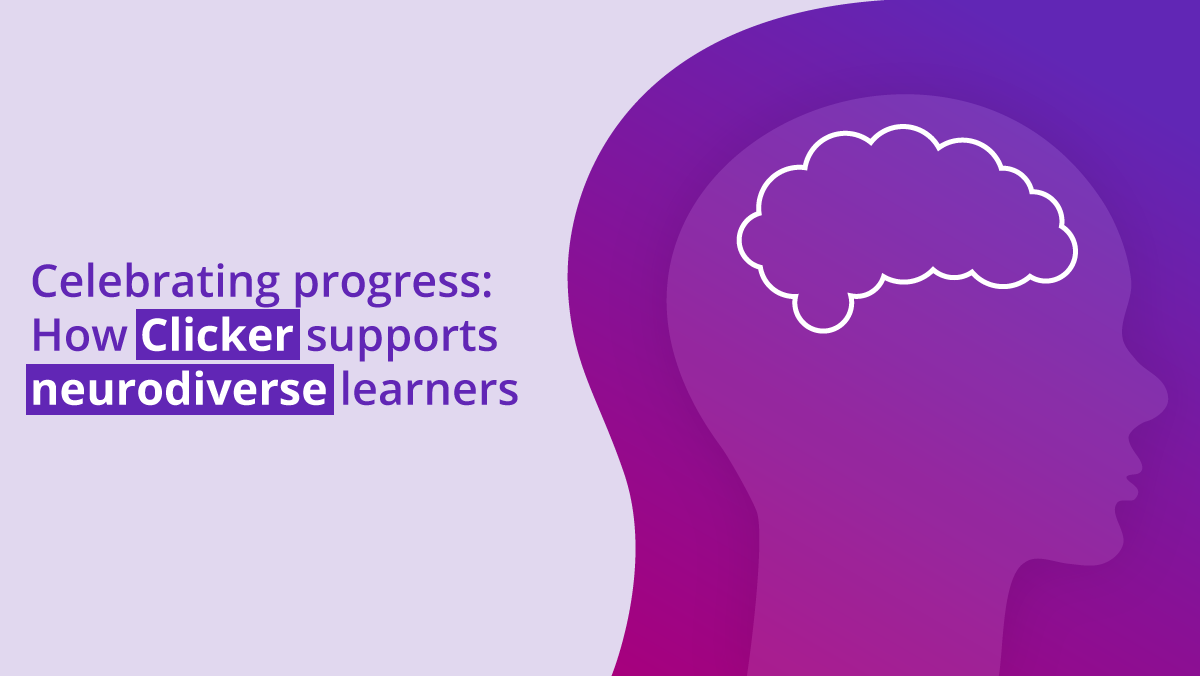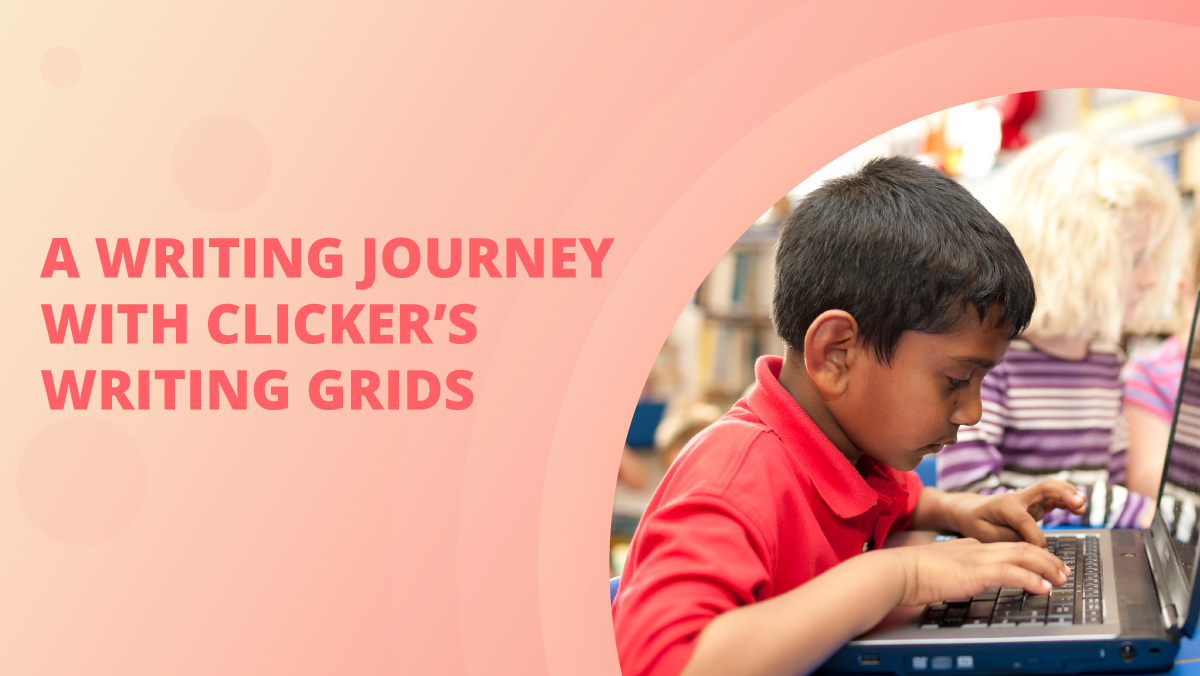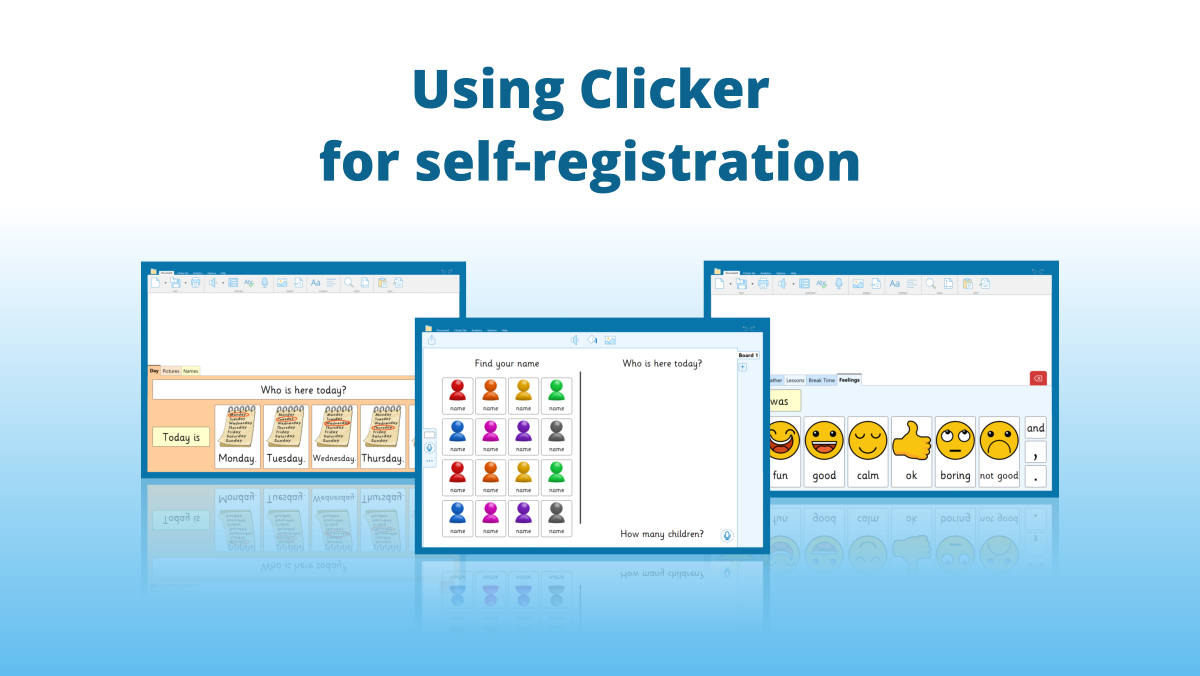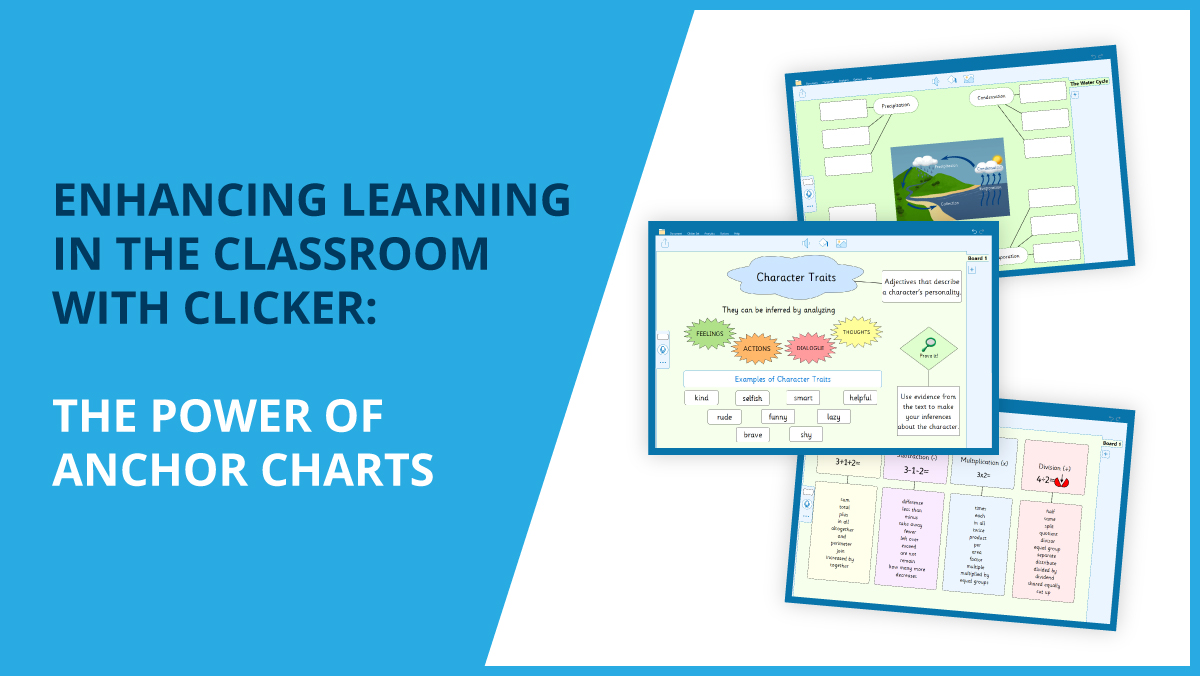For all of us, these are challenging times. As educators, we want children to be happy, feel safe and be engaged in their learning as they return to school life. We are all striving to support children emotionally whilst also addressing gaps in their learning.
There has been lots of interest recently in the concept of a Recovery Curriculum, initiated in an article by mental health expert Professor Barry Carpenter. He developed the idea of a curriculum based on levers in response to losses experienced by children this year, namely their loss of routine, structure, friendship, opportunity and freedom. The levers of recovery aimed at addressing these losses are based on: Relationships, Community, Curriculum, Metacognition and Space.
So how can we on the LearningGrids team help? I thought I would gather together some resources that might be helpful. Of course, our whole ethos is based on helping children whatever learning challenges they face, so there will be many other useful resources on the site to support you.
Many children will return to school with anxieties stemming from lost relationships (with friends and school staff), so rebuilding these relationships will help to ease the return to school. See the Feelings category on LearningGrids for activities to help children explore and open up about how they are feeling – The How Do You Feel set, with sentences starters and feelings words is worth a look.
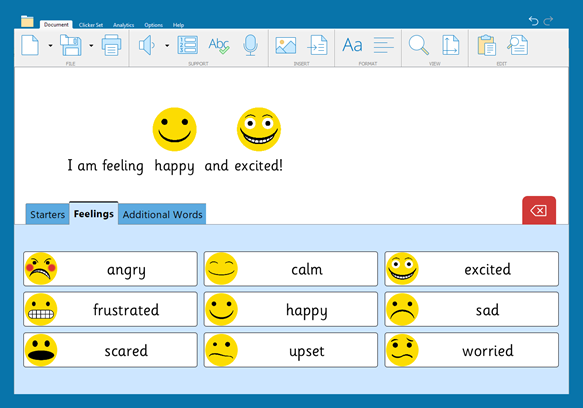
Encourage children to celebrate the work they are (and have been) doing at home and at school. Use the Diary sets to create a spoken or written diary, or the Photo Album sets to share achievements and learning – helping to re-establish routines and nurture connections between home and school.
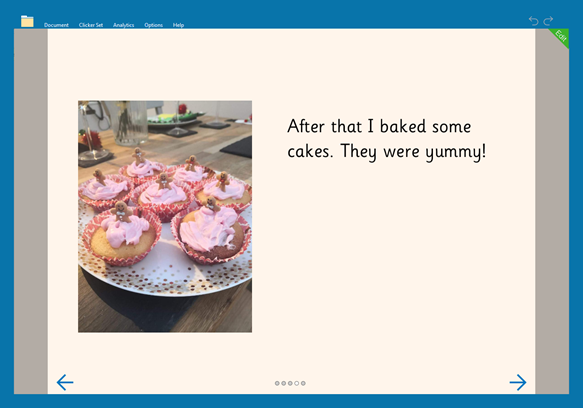
We have to acknowledge where there are gaps in children’s learning as a result of lost school time but working on securing knowledge and skills rather than trying to cover too much breadth is important. Strong curriculum content has the power to inspire and motivate children. Many of our sets on LearningGrids cover the same topic in lots of ways, allowing children to focus in on small areas, revisit and consolidate. Give them this time to build their confidence and reconnect with their learning. Take our Find Out and Write About series for example. These cover a range of non-fiction topics that children may have studied already or be studying currently. The three differentiated levels allow children to focus in, consolidate their knowledge with the security of knowing the support is there at whichever level they are working.
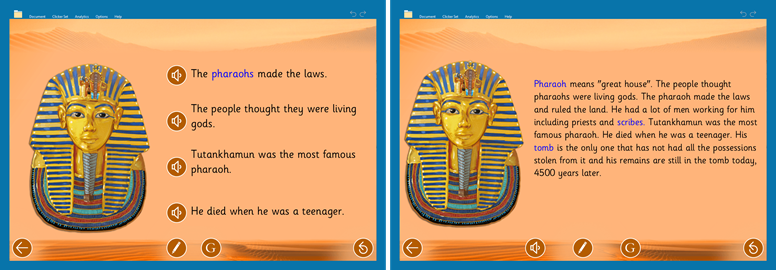
As children have been learning in new settings and in different ways, building in opportunities for them to work through their thought processes explicitly and ‘learn about learning’ – by planning, analysing, organising and reflecting – is vital. Clicker Board is a great tool for organising and planning ideas – children can share their thought processes and engage in critical feedback from their peers or teacher. Take the Storyboard 3 example. Children could plan out a story or a recount of an experience or event, either with written notes or verbally. Even better – get them to collaborate on these kinds of planning tasks so they are experiencing and benefiting from peer-to-peer learning.
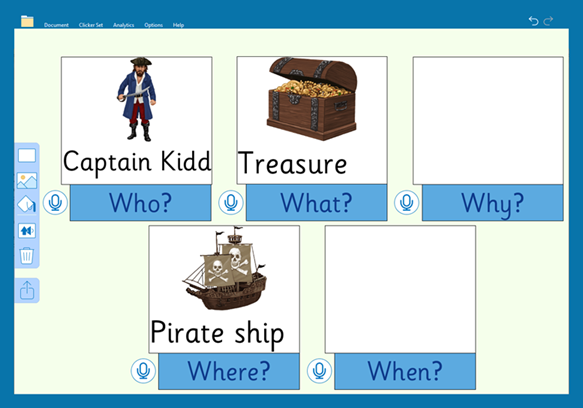
Children will take time to adjust to their ‘new normal’ – and we need to allow them space to do this. Our ever-growing bank of workload and time-saving resources on LearningGrids mean that however your curriculum is sequenced, children will be able to meaningfully revisit and build upon their knowledge, understanding and skills. We cover a wealth of exciting topics and themes to spark the imagination and get children excited about learning again.

